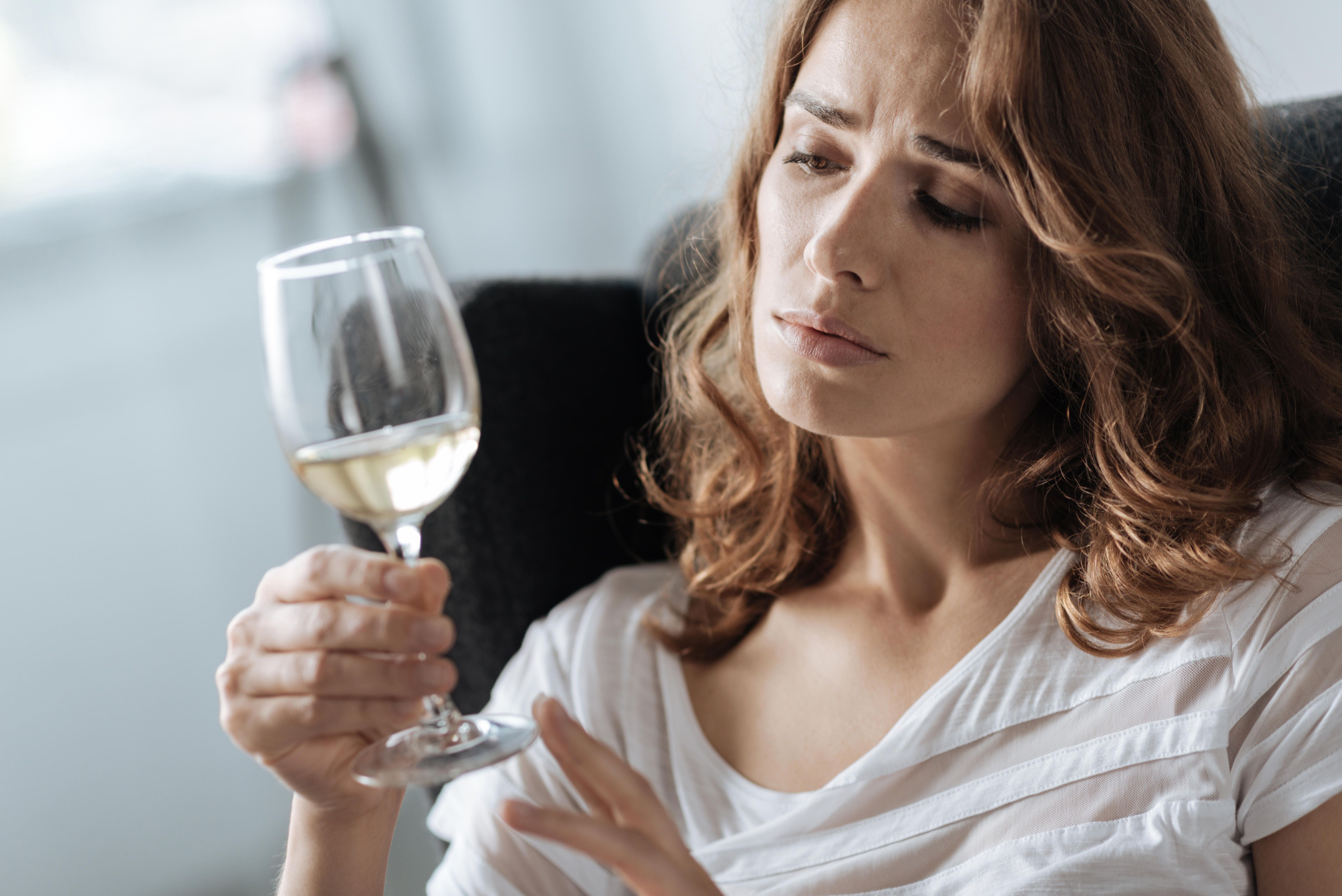7 reasons to have more alcohol-free days each week
Limiting your alcohol intake has more benefits than you may think

Over the past year and a half, many of us turned to alcohol to get us through the various lockdowns and other challenges the pandemic presented. In fact, figures show that between April 2020 and March this year, 12.6 million extra litres of alcohol were sold – a 24.4 per cent increase on the year before.
Now, with pubs and restaurants reopened, we’re enjoying the freedom to socialise again, which means – you guessed it – more drinking.But as well as being bad for us physically, alcohol can also be damaging to our mental health, increasing anxiety levels and disrupting our sleep patterns.
It’s easy to forget we’re supposed to limit ourselves to 14 units of alcohol per week – equivalent to six pints of beer or 10 small glasses of wine – so here’s why it’s a good idea to aim for at least two booze-free days in a row:
It’ll save you lots of cash
Drinking alcohol – whether your tipple of choice is wine, beer or spirits – is far more expensive than the booze-free alternatives. Mineral water, soft drinks and fruit juices are cheaper and usually healthier than the standard alcoholic options.
It’ll encourage you to do more with your spare time
Instead of lolling on the sofa watching TV with a glass of red in hand, you could be learning a new skill, going for a walk in nature, or even planting and growing herbs (for your next well-deserved cocktail garnish, perhaps).
You can try out the latest non-alcoholic drink alternatives, which – surprisingly – actually taste rather good
Wild Life Botanicals sparkling wine, with just 0.5 per cent alcohol, is a great alternative to champagne or prosecco, while Wilfred’s aperitif can be used to make a sober spritz that will keep Aperol fans happy.
You’ll feel and look better
Alcohol can interfere with your sleep patterns, making you feel tired and flat. It’s also a diuretic, so if you don’t drink enough water, it’ll dehydrate you, accelerating the ageing process. So ditching booze is a win-win situation – not only will you wake up feeling fresh, but you’ll also have a dewy, youthful complexion.
You might shed a few pounds
Alcohol is packed with sugar – on average, a 125ml glass of wine contains 114 calories – and when you’ve had a few drinks, you’re less likely to make healthy food choices. What’s more, when you’re hungover the next day, the chances are you’ll be craving pizza, rather than grilled chicken and salad.
You’re more likely to stick to that post-pandemic health kick
Nothing makes you feel less like exercising than a hangover. With gyms, pools and other sports facilities open again, you can look forward to swinging a racket or kettlebell, rather than slinging back another cocktail.
You’ll be reducing your risk of fatal diseases
Drinking alcohol is linked to a whole array of health horrors, from liver disease and breast cancer to heart damage. According to alcohol education charity Drinkaware the liver needs consecutive alcohol-free days to repair itself, so going booze free for a few days in a row will give it a break from those boozy toxins.
Bookmark popover
Removed from bookmarks